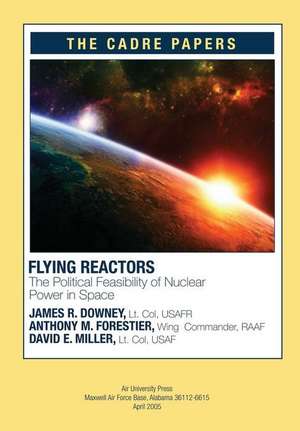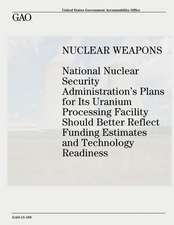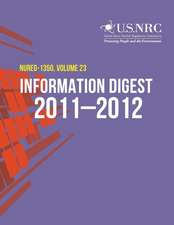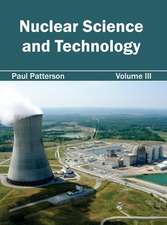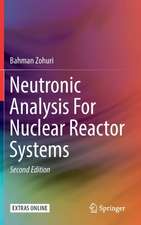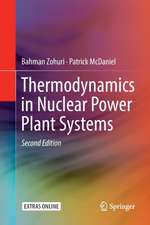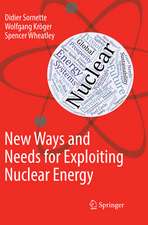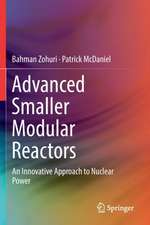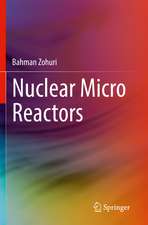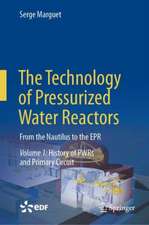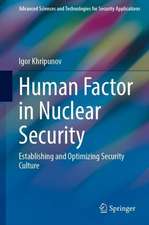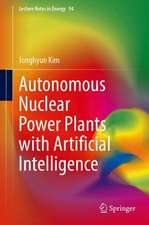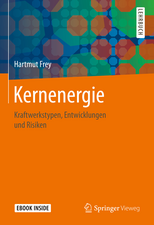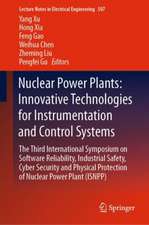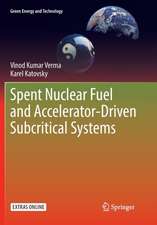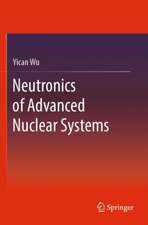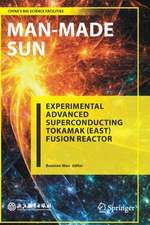Flying Reactors
Autor Lieutenant Colonel Usafr James Downey, Wing Commander Raaf Anthony Forestier, Lieutenant Colonel Usaf David Milleren Limba Engleză Paperback
Preț: 103.12 lei
Nou
Puncte Express: 155
Preț estimativ în valută:
19.73€ • 20.60$ • 16.33£
19.73€ • 20.60$ • 16.33£
Carte disponibilă
Livrare economică 14-28 martie
Preluare comenzi: 021 569.72.76
Specificații
ISBN-13: 9781479196364
ISBN-10: 1479196363
Pagini: 124
Dimensiuni: 170 x 244 x 7 mm
Greutate: 0.21 kg
Editura: CREATESPACE
ISBN-10: 1479196363
Pagini: 124
Dimensiuni: 170 x 244 x 7 mm
Greutate: 0.21 kg
Editura: CREATESPACE
